Can I Give My Dog Mouthwash? Here’s Why You Shouldn’t
If your dog has bad breath, you’re probably wondering: can I give my dog mouthwash? The answer is a big no. Mouthwash products are made for humans and not for dogs.
Also, your dog doesn’t know the idea of swishing and gargling, which will just defeat the purpose of giving mouthwash. Worse, your dog will ingest the mouthwash, which will cause stomach upset and potential poisoning.
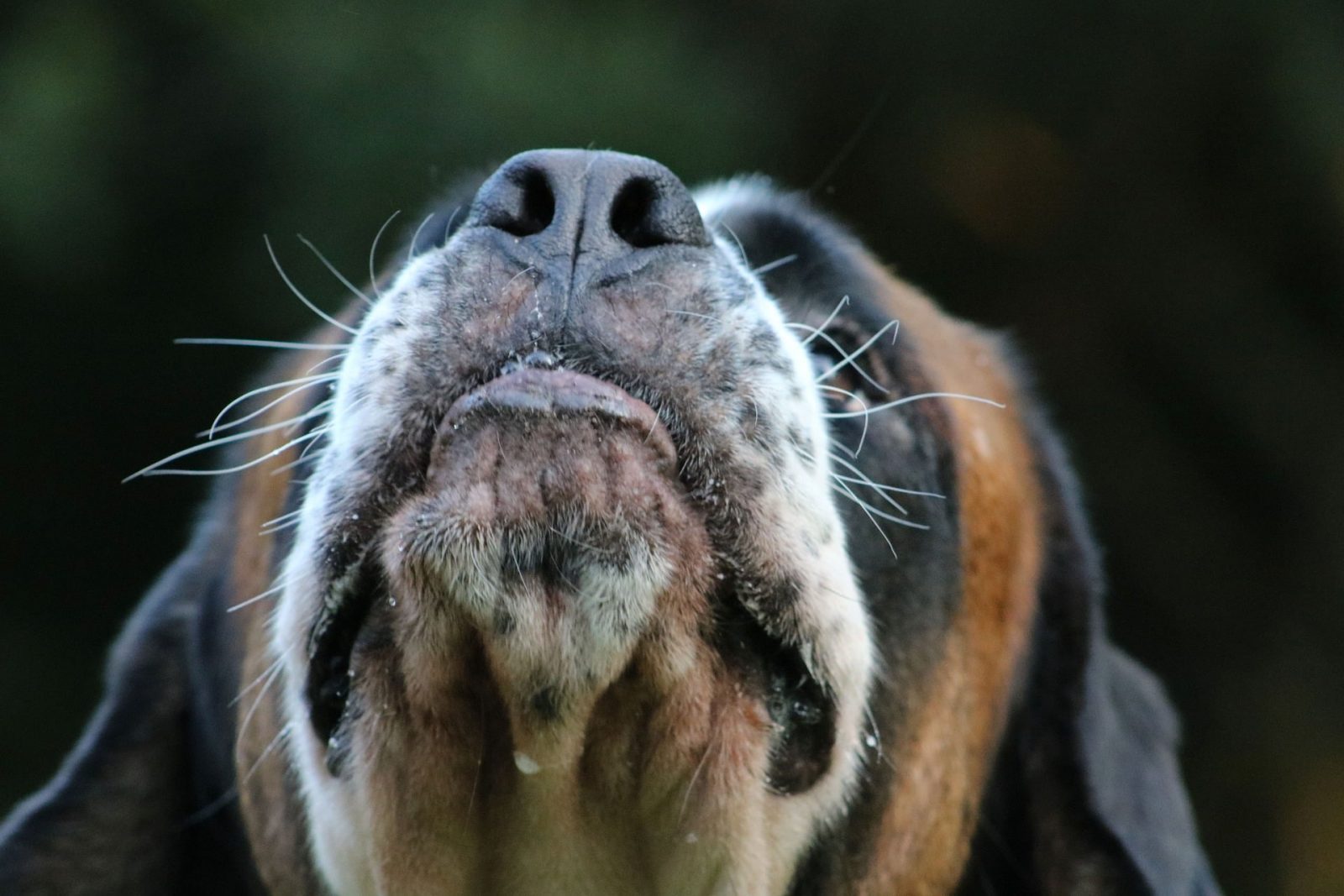
In this post, I will discuss why giving your dog mouthwash isn’t a good idea. I will also share some alternatives to keep your doggo’s breath fresh without any potential harm.
Can I Give My Dog Mouthwash? Is It Safe?
Mouthwash products like Listerine, ACT, Crest, TheraBreath and the Likes are not safe for dogs. These are formulated for human mouths, which means it contains abrasive chemicals.
Commercial mouthwash products are packed with alcohol and fluoride, both of which are poisonous to canines. This is the same reason why you should never use human toothpaste on canines.
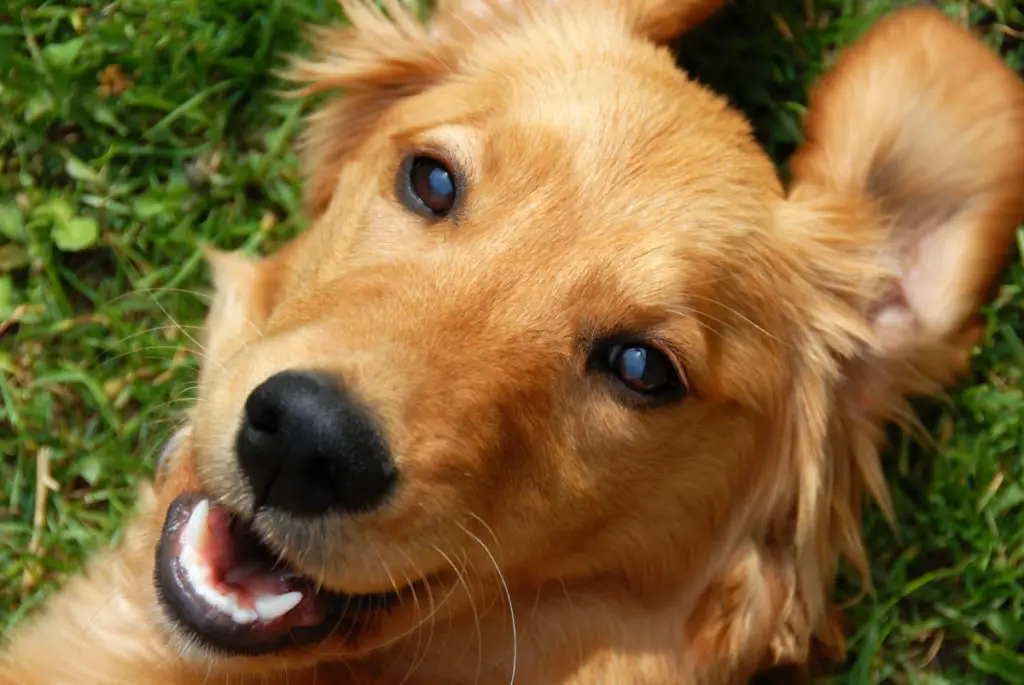
Aside from that, mouthwash is intended to be gargled – something that dogs can’t do. Your pooch will just swallow the mouthwash, which is a big problem.
Mouthwashes made for humans are packed with antiseptics, astringents, and other chemical compounds. All of these would wreak havoc on your dog’s digestive system. It can lead to vomiting, diarrhea, abdominal cramps, and lethargy.
You should also watch out for xylitol, a sugar substitute found on a ton of mouthwash products. Xylitol is highly toxic to dogs and even a small amount can cause hypoglycemia, liver issues, and seizures. If not treated right away, the dog will eventually die.
Aside from that, some mouthwash products utilize salts as a cleaning agent. As you know, too much sodium is toxic to canines. Ingestion of mouthwash will expose your dog to this risk.
Lastly, some mouthwash products have hydrogen peroxide as a cleaning agent. In the vet’s clinic, this is often used to induce vomiting among canines. It causes mild digestive irritation and could be toxic if ingested in large amounts.
What Should I Do If My Dog Drank Mouthwash?
Dogs can get into your mouthwash and drink some of it. If this happened, you should act fast to prevent any possible adverse reactions.
You should observe your dog in the next 12 hours for any negative reaction. If your dog vomits, experiences diarrhea, and refuses to eat, you must immediately bring it to the vet.
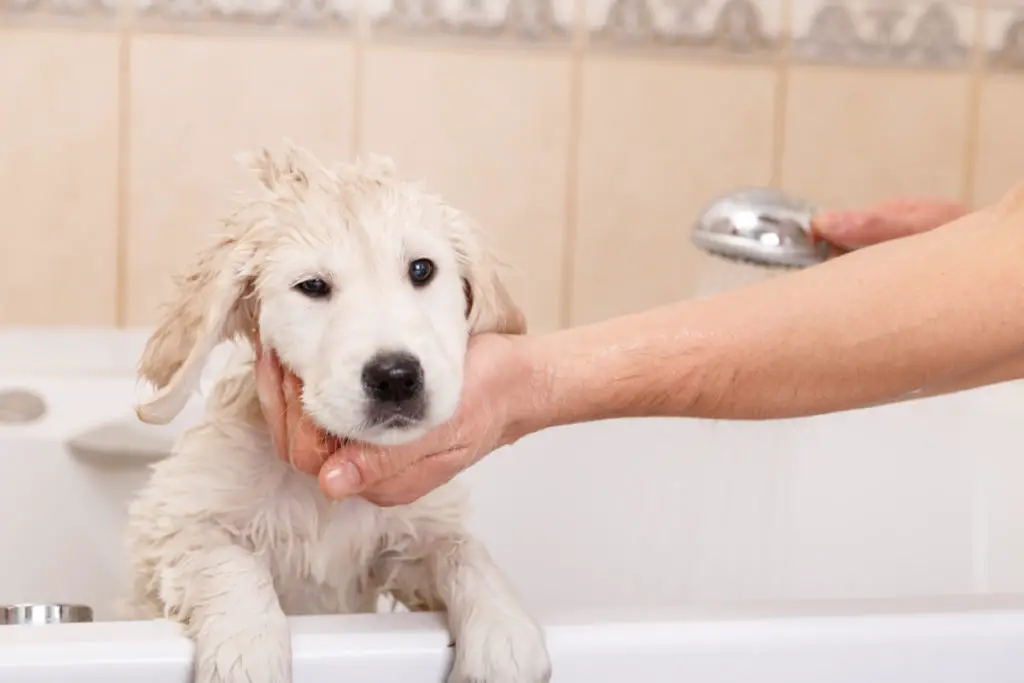
For the most part, dogs will not voluntarily drink mouthwash since it causes a burning sensation in the mouth. But some may lick the liquid and suffer mild reactions like drooling, poor appetite, and lethargy.
Avoid self-medicating your dog because it may only do more harm than help. I suggest calling the vet so you will get proper advice. In some cases, the vet will teach you how to induce vomiting in your dog. If the pooch’s condition isn’t improving, an emergency visit to the vet is necessary.
How Do You Rinse A Dog’s Mouth?
If you want to clean your dog’s mouth, you should never use mouthwash for humans. There are other safer alternatives that will help prevent plaque buildup on your dog. Below are some of the methods we use in rinsing Sherlock’s mouth:
-
Regular brushing
Nothing beats regular brushing if you want to clean your dog’s mouth. We use dog toothbrush and toothpaste for this purpose although my dog eats toothbrush sometimes.
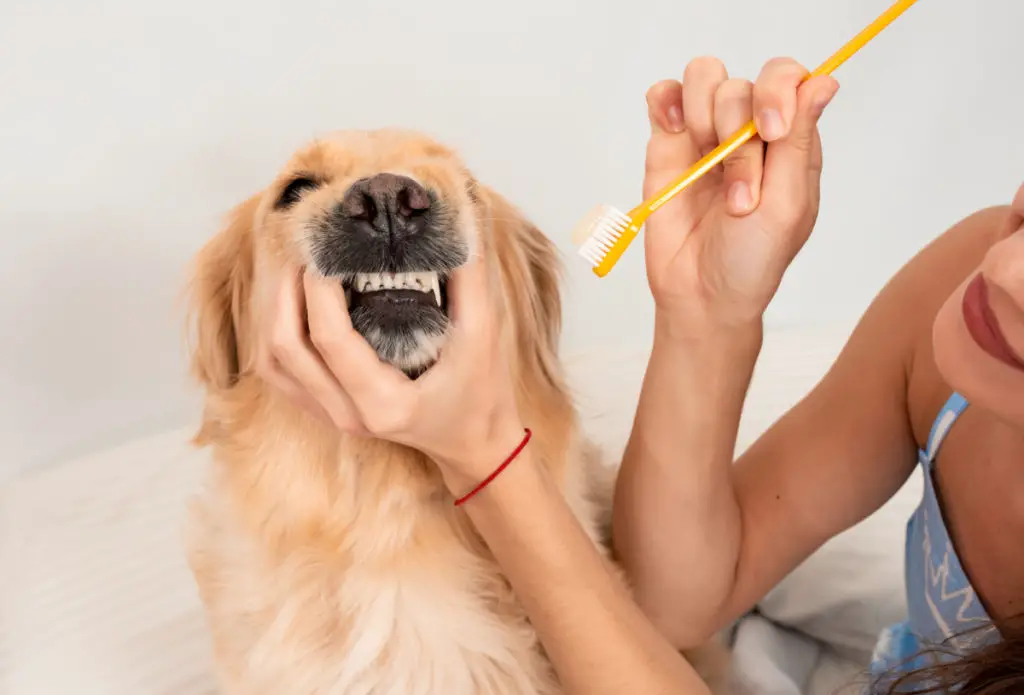
Unlike mouthwash, dog toothpaste is safe to ingest and even has a nice flavor that your pet can’t resist.
-
Wiping the teeth
If brushing isn’t convenient at the moment, another way to cleanse your dog’s mouth is to wipe it gently. Get a clean cloth or gauze then apply coconut oil to it.
Wrap this around your finger and use it to brush your dog’s teeth and gums. You should only use a small amount of coconut oil to prevent stomach upset.
-
Dental treats
Aside from brushing, dental treats also help reduce the bad breath of dogs. Most of these treats are infused with refreshing ingredients that are safe for canines. Just make sure that the stiffness of the dental chew matches the size of your dog.
-
Add some parsley
A natural way to rinse your dog’s mouth is to add some parsley to its food. Instead of using mouthwash, you can use this herb to combat bad breath. Chop the parsley into fine pieces to extract its juices better.
How To Make Dog Mouthwash?
While human mouthwash products are no-nos, you can still make your own doggy mouthwash at home. This mouthwash contains cleaning agents that are safe for canines.
The easiest formula is one cup of warm water and half a teaspoon of salt. Stick to this salt amount to prevent excessive consumption on your dog’s part.
If you want to go natural, you can boil a teaspoon of fresh Echinacea root in a saucepan. Add half a teaspoon of dried Echinacea root for the best results.
Let the roots simmer in the saucepan for 10 minutes. After that, let it cool down before straining the mixture to remove the roots.
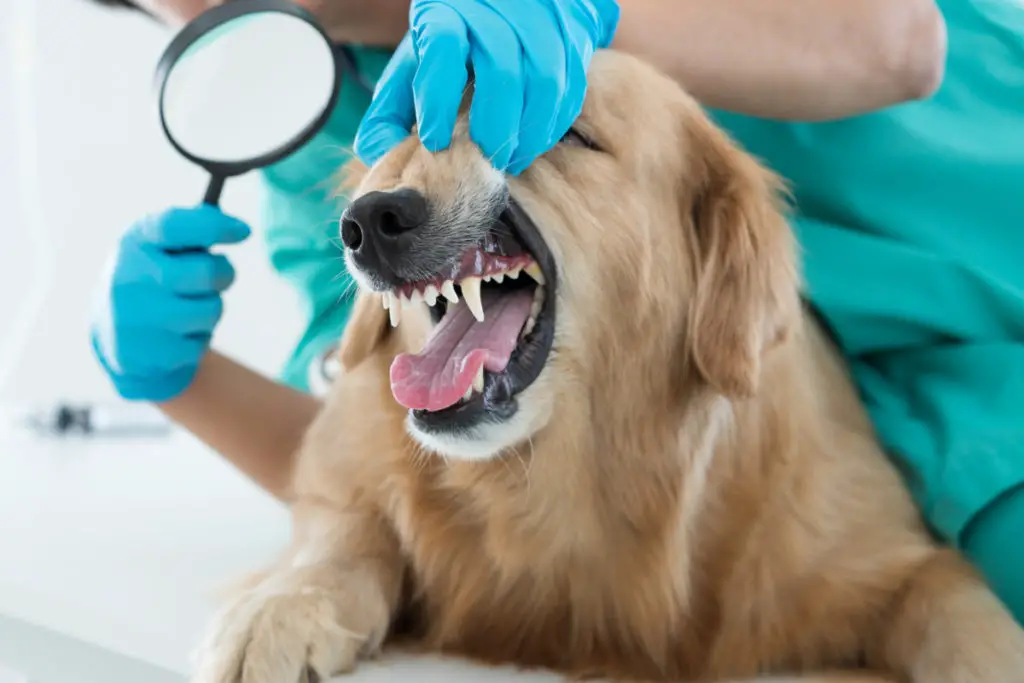
You should transfer the Echinacea extract into a squirt bottle for easy application to your dog’s mouth.
Take note that a small amount of Echinacea will not hurt your dog. Avoid adding too many roots to the mixture to prevent any adverse side effects.
If you don’t want the hassle of concocting this at home, you can ask the vet for a commercial doggy mouthwash. These are formulated for canines without harmful ingredients.
Still, it’s worth consulting the vet, especially if your pooch has a sensitive stomach and a bad case of allergies. Always check the ingredients list to spot any potentially toxic substance.
Is Dental Water Additive Safe For Dogs?
Water additives are popular among dog owners since it’s easy to administer. The goal of water additives is to serve as a mouthwash for your dog. It’s very much like Listerine but for dogs.
Water additives are usually blended into the dog’s water bowl and will cleanse as your pet drinks. It’s also used for cats, but the dosage and formula may vary.
Just like any product, you should ask the vet’s opinion to prevent any adverse side effects. Water additives for pets aren’t made equal. You have to be meticulous and careful about what you’re going to buy.
What Are Some Common Dental Problems in Dogs?
Periodontal diseases
Periodontal disease results when the bacteria in the plaque become trapped in the gums and start a cycle of infection.
The recurring infection eventually damages the gums of the dog.
When the inflammation becomes chronic it triggers the immune system of the dog and the condition periodontitis results because of inflammatory chemicals constantly fighting the bacteria
Plaque buildup
Plaque formation is when a thin layer of bacteria keeps accumulating on the surface of a dog’s teeth. The plaque build-up usually gets removed with daily brushing.
If daily hygiene is not maintained the plaque remains on the surface of the teeth, gets harder, and forms tartar. Tartar is hard and can not be scrapped off without using the mechanical force of some hard objects. This usually requires scaling.
Conclusion
Can I give my dog mouthwash? No, but you can use safer alternatives to clean the pooch’s mouth. Take note that human mouthwash and toothpaste products are toxic to dogs. They contain Xylitol which is used as a sugar substitute and can cause xylitol toxicity.
Even a small amount can cause irritation, so you shouldn’t take chances. You wouldn’t want your dog to end up in the vet’s clinic in critical condition.
I hope the information from this article will help you improve the dental hygiene of your dog and also help you take better care of your dog’s teeth.
Thank you for reading!
